News
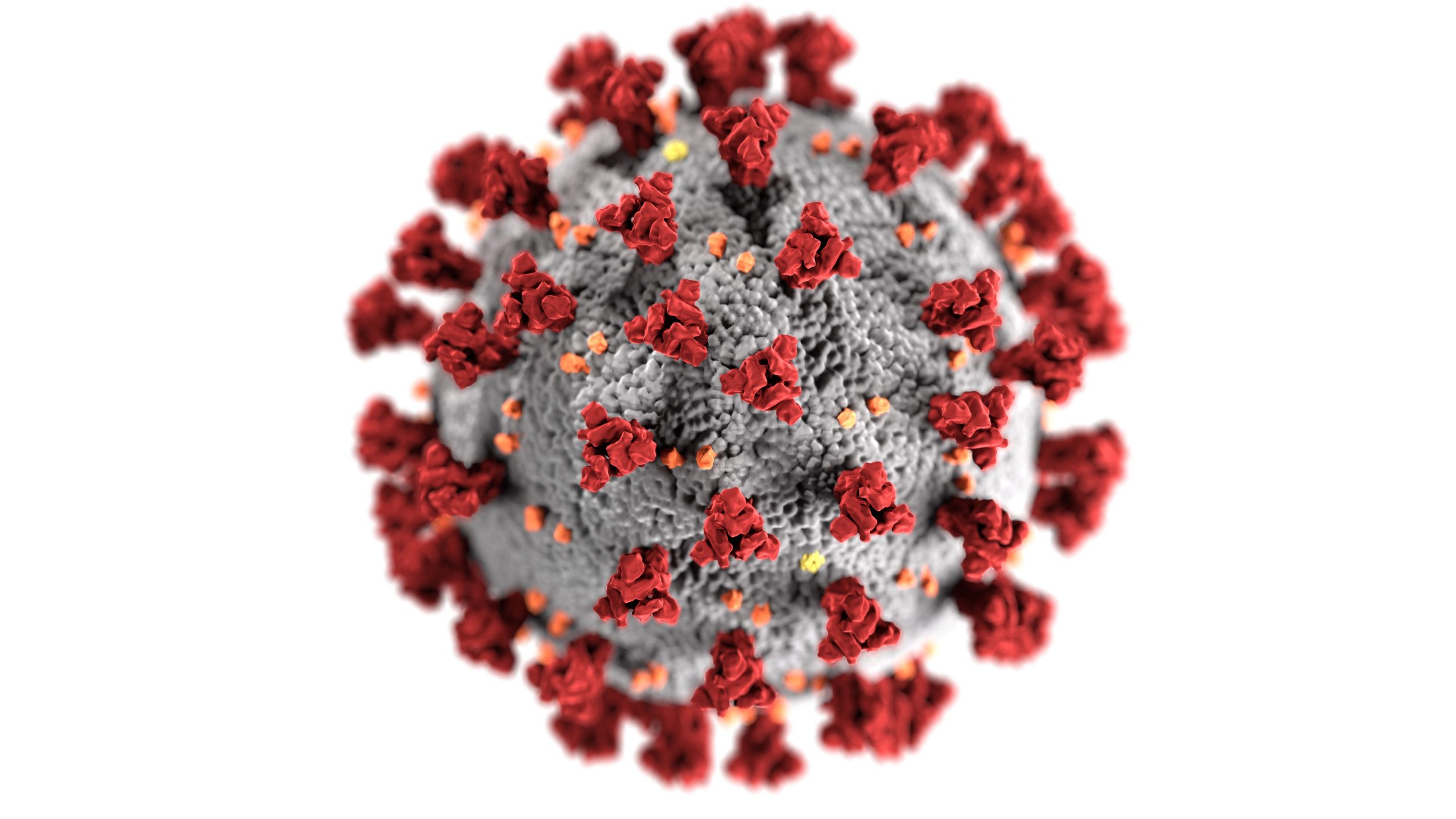
NEWS
TCI Gender Specialist Discusses COVID-19 Impact on Women
April 28, 2020
The coronavirus pandemic will have a disparate effect on women in developing countries, says Shubh Swain, Tata-Cornell Institute gender and nutrition specialist and assistant director of Technical Assistance and Research for Indian Nutrition and Agriculture. Writing for LiveMint, Swain argues that cultural and socio-economic factors in resource-constrained countries will cause women to feel the brunt of COVID-19 and…

NEWS
TCI Publishes 2019-20 Annual Report
April 22, 2020
The Tata-Cornell Institute for Agriculture and Nutrition (TCI) has published its 2019-20 Annual Report. The report features updates on research and activities from the past year, as well as information regarding upcoming projects. “I am delighted with the progress that TCI has made over the past seven years, and I am excited about the contributions that…
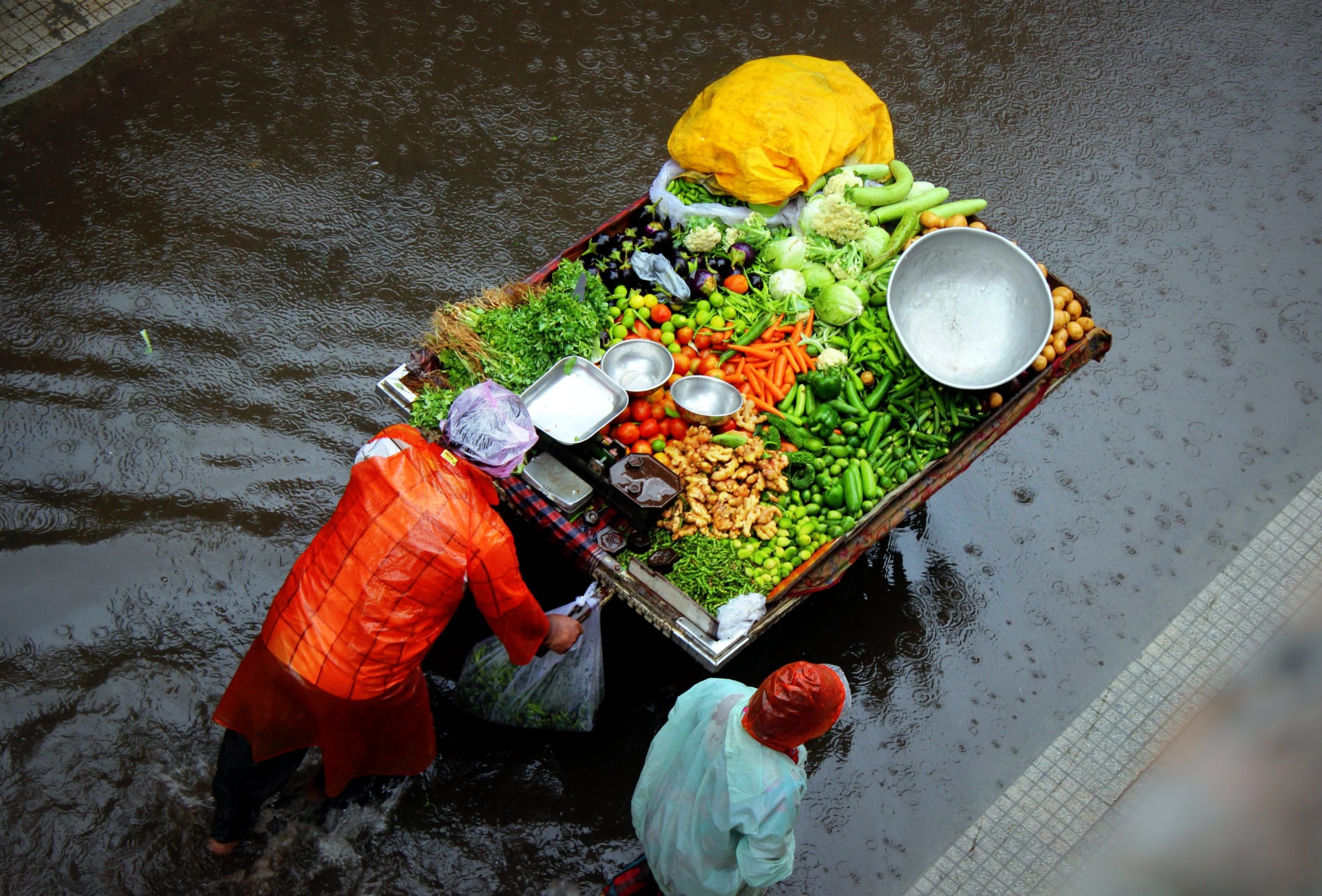
BLOG
Tackling India’s Food Systems Challenges in the Era of Climate Change
April 10, 2020
In this blog post, TCI postdoctoral associate Anaka Aiyar and former communications and outreach manager Jessica Ames present the “technology-plus” approach for dealing with India’s food systems challenges in the midst of climate change, as proposed in the TCI’s book, Transforming Food Systems for a Rising India. In India, as in the rest of the world, climate change…
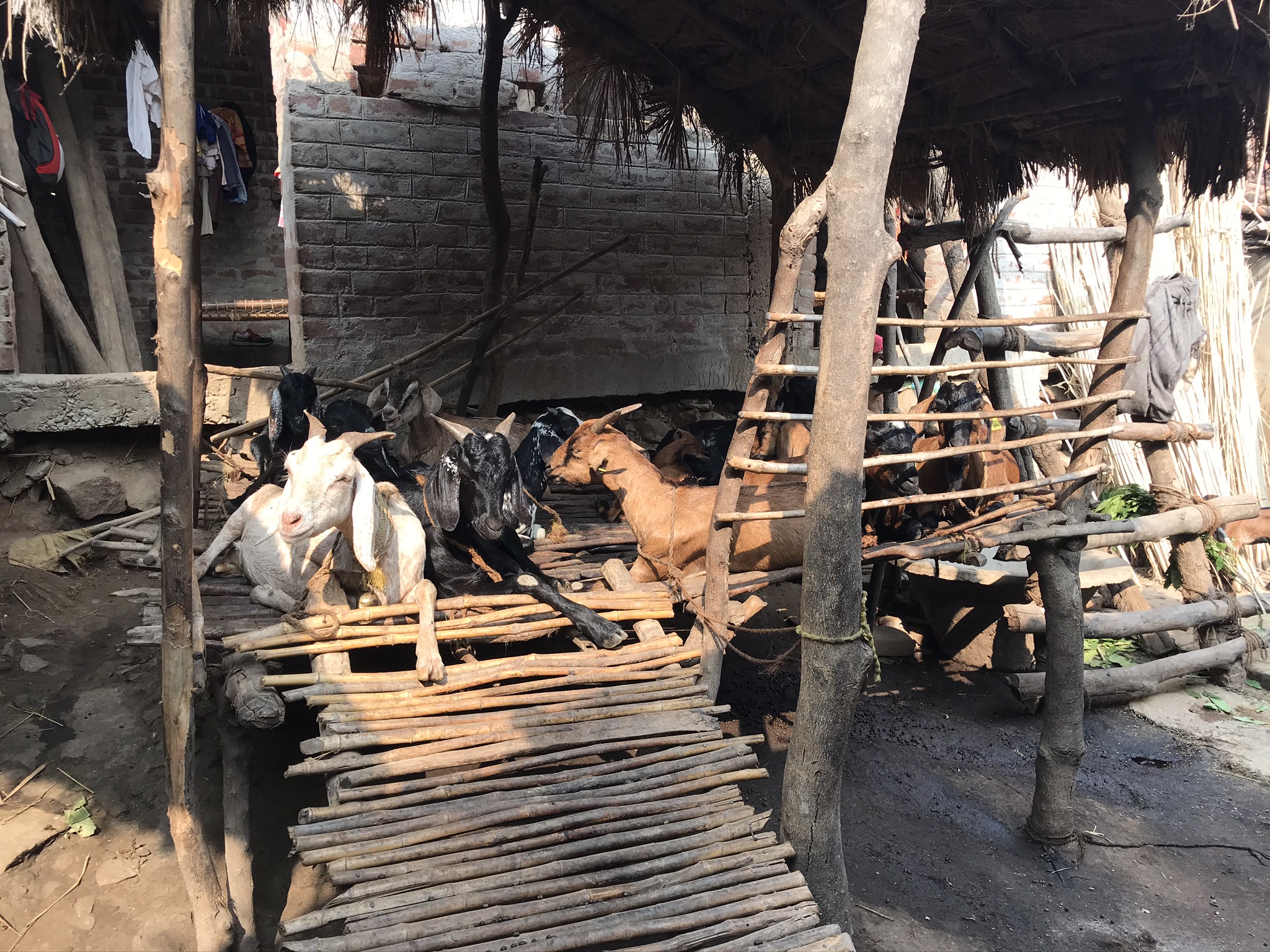
BLOG
Cash to Mouth: Exploring the Income Pathway to Improved Nutrition
April 3, 2020
In this blog post, TCI Scholar Anna David Thottappilly discusses her research on the effectiveness of programs that aim to improve nutrition outcomes through income enhancement. In India, an animal as small as a goat can be a key part of the fight against undernutrition. Many impoverished farming households in the country raise goats and other small…
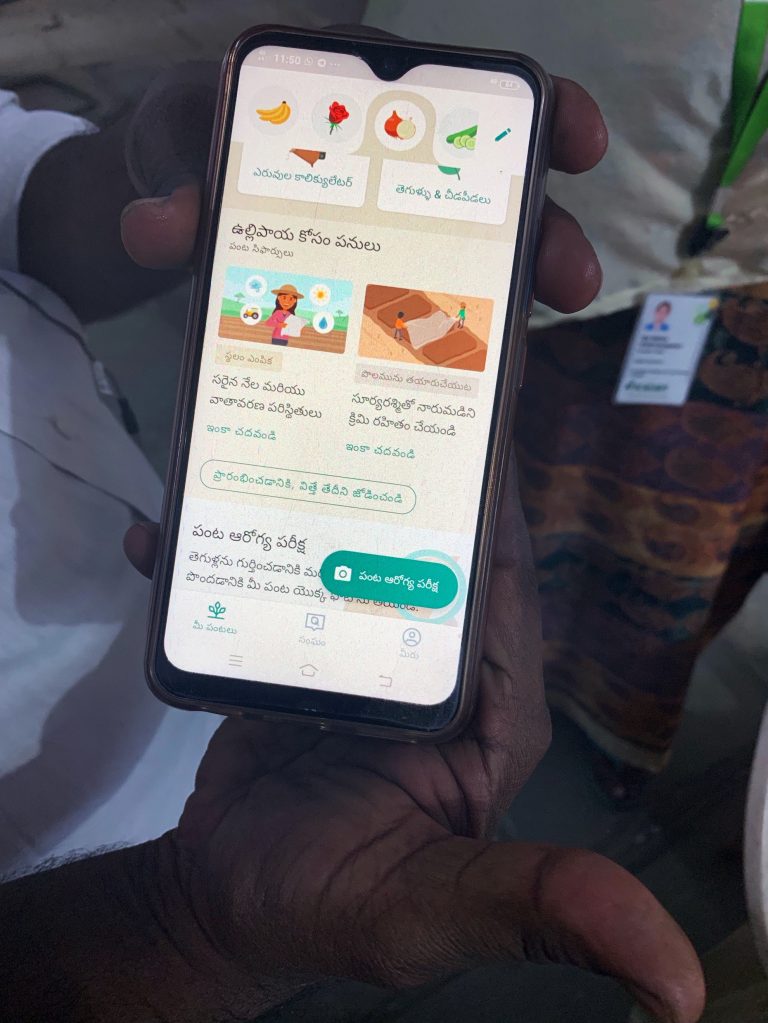
BLOG
Are India’s Farmers Taking Advantage of Web-based Technology?
March 25, 2020
In this blog post, TCI scholar Vanisha Sharma investigates how farmers in India’s impoverished rural areas are using the internet to boost agricultural productivity. Beginning in 2016, a public-private partnership called Jio laid 250,000 km of fiber optic cable throughout India. It was the start of India’s “internet revolution,” which brought with it extremely low prices, especially…
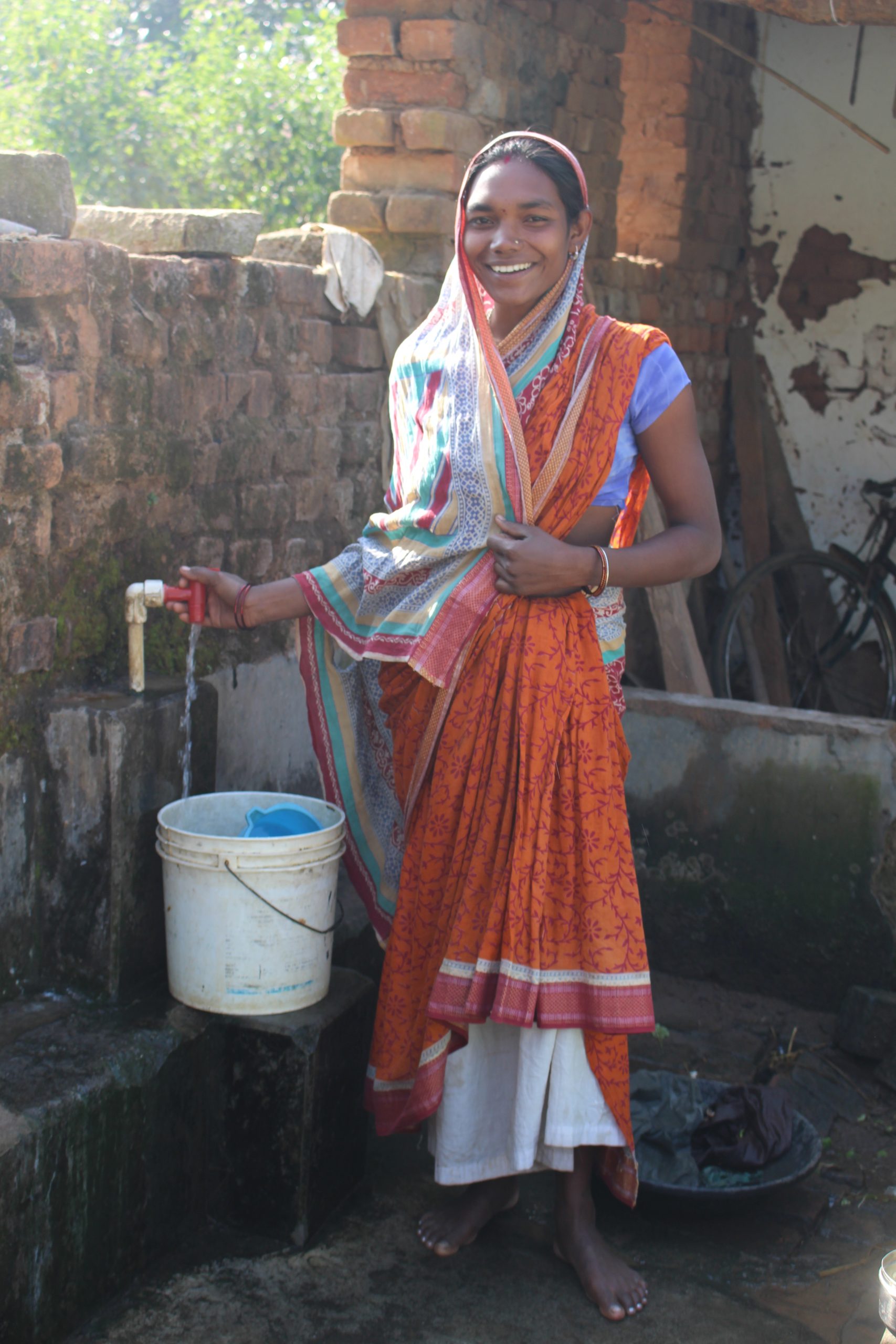
BLOG
The Economic Impact of Unsafe Drinking Water
March 20, 2020
In this blog post, TCI scholar Shiuli Vanaja discusses her research on how access to clean water at home affects women’s productivity and use of time. Many people don’t give their drinking water a second thought. They simply turn on a tap or open a bottle. Yet, 29% of the global population lives without access to clean,…

BLOG
Three TCI Publications Show the Potential of Women’s Empowerment
March 6, 2020
In the effort to improve nutrition in developing countries, women’s empowerment in agriculture is a pathway that has gained considerable traction. In smallholder-farming households, the thinking goes that the more that women are empowered to make agriculture-related decisions, the more power they have to choose to grow, buy, and consume diverse, nutritious foods. The Tata-Cornell…
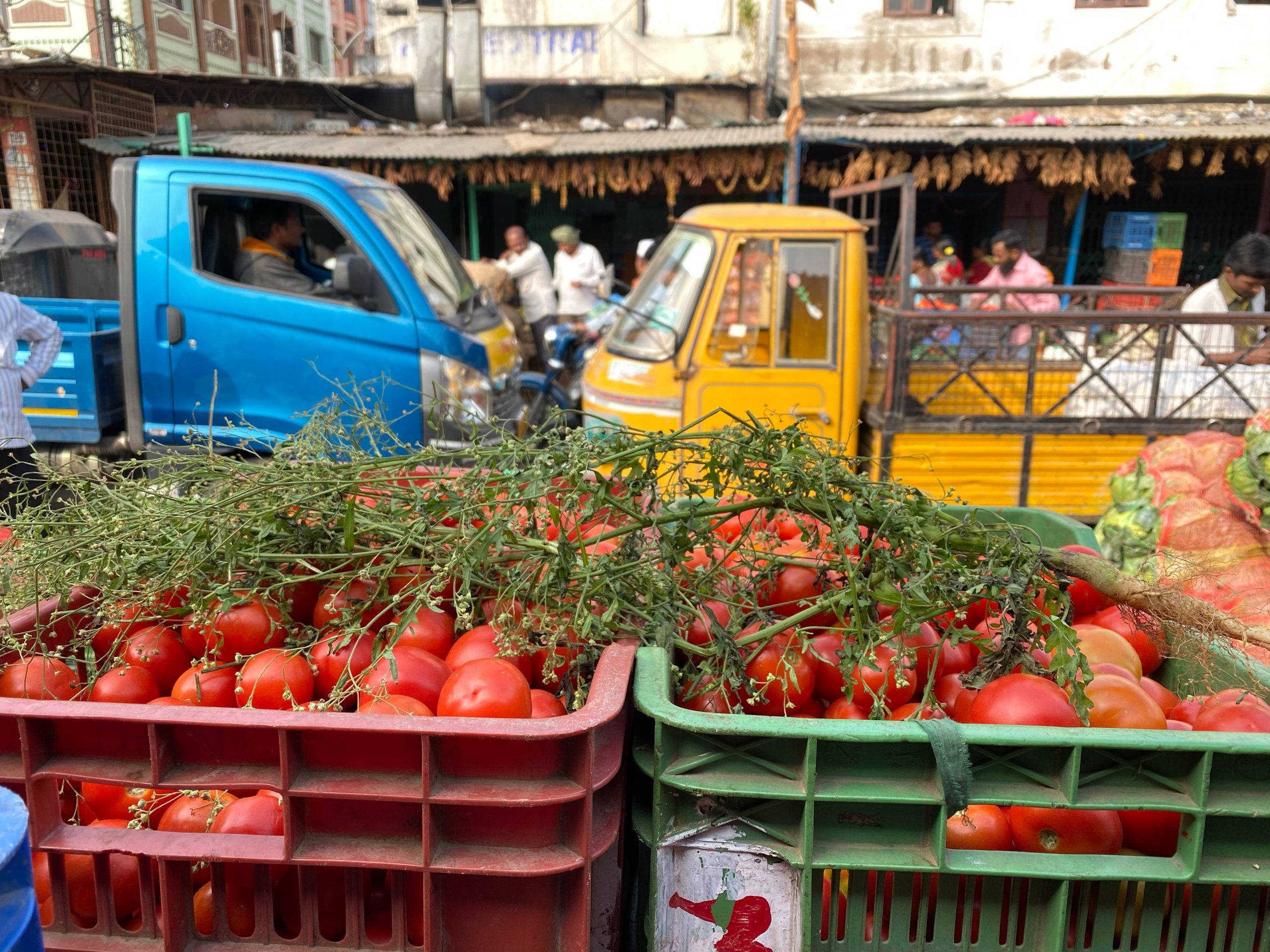
BLOG
Blistering in the Sun: Climate Change Worsens Food Loss for India’s Tomato Farmers
February 25, 2020
In this blog post, TCI scholar Jocelyn Boiteau details how rising temperatures and unreliable rainfalls are contributing to food loss among India’s tomato farmers. Standing in a lush, green field of tomato plants surrounded by swaying trees and rocky hills, experienced farmer E. Narasimha Naidu points to some white spots on the skins of some of the…

BLOG
Digging for Data: How TCI Helped ICRISAT Expand Its India Database
February 21, 2020
In 2018, the Tata-Cornell Institute for Agriculture and Nutrition (TCI) and its partner organization, the International Crops Research Institute for the Semi-Arid Tropics (ICRISAT), began an initiative to create a comprehensive, one-stop shop for data related to India’s food system and beyond. In this blog post, TCI research support specialist Kiera Crowley recounts how she tracked down data and…
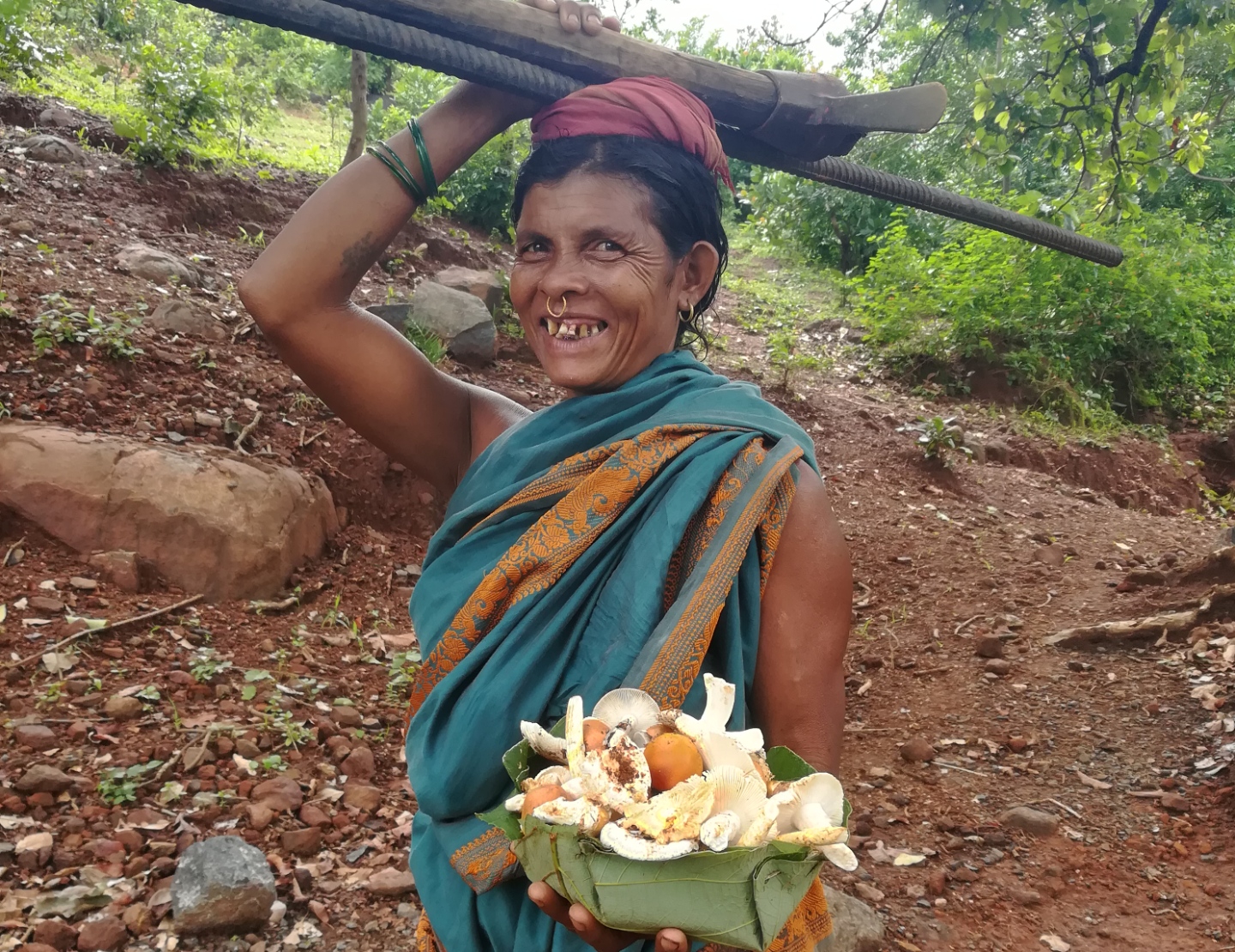
BLOG
As Forests Degrade and Livelihoods Change, What Do India’s Adivasis Eat?
February 19, 2020
by Amrutha Jose Pampackal
In this blog post, TCI scholar Amrutha Jose Pampackal recounts her experiences speaking with members of tribal communities in Odisha, India, about how deforestation and remittances from migrant workers are impacting their diets. It was a Friday morning in July and the Adri market in Thuamul Rampur was bustling with activity as people from more than 10…

